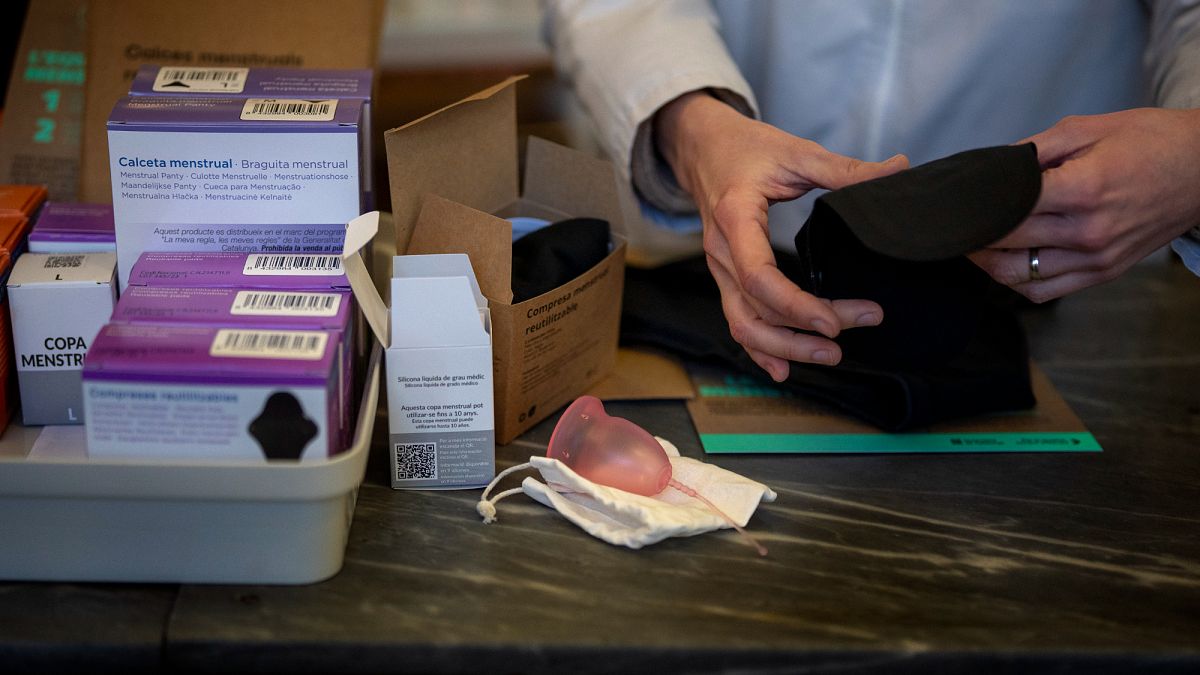

In recent developments within the health sector, two significant issues have emerged, shedding light on the ongoing challenges and changes faced by consumers and policymakers alike. From the discovery of potentially harmful chemicals in personal hygiene products to debates about preventive healthcare measures, these topics are shaping conversations around health and wellness.
In a study that has raised new questions about product safety, researchers have identified the presence of per- and polyfluoroalkyl substances (PFAS), commonly known as “forever chemicals,” in certain reusable menstrual products. These substances, found in underwear and reusable pads, are noted for their persistence in the environment and their potential impacts on human health. The marker that suggests intentional addition of PFAS raises concerns since these chemicals have attracted scrutiny regarding their safety. As consumers increasingly turn to sustainable options, awareness of such hidden components is crucial in making informed choices. The conversation around these products underscores the importance of transparency and regulation in manufacturing processes, ensuring that sustainability does not come at a cost to health.
Meanwhile, on the regulatory front, discussions around healthcare policy are attracting attention with implications for preventive measures vital to public health. The American Medical Association (AMA) has voiced its apprehensions following reports that Robert F. Kennedy Jr. plans to make significant changes to the U.S. Preventive Services Task Force. This task force plays a pivotal role in determining critical preventive health measures, such as cancer screenings covered by insurance. Mr. Kennedy’s intention to revamp the panel, perceived as an attempt to address what he refers to as its “woke” nature, has sparked debates regarding the balance between innovation in health policies and maintaining evidence-based practices that have long supported public health.
The AMA’s response highlights the essential nature of preventive health services in reducing risks and managing population health. Overhauling systems that have been in place for decades requires careful consideration of the potential impacts on accessibility and efficacy of health services provided to individuals. As these discussions evolve, they remind stakeholders of the nuanced approach required to navigate advancements in health policy and the ongoing commitment to improving health outcomes for all.
This confluence of consumer concerns about product safety and the considerations impacting health policy illustrates the intricate dynamics of the health landscape today. Both individual choices in everyday products and the broader regulatory frameworks play a significant role in shaping overall health and wellness. The focus remains on fostering open dialogue and comprehensive research to mitigate risks and ensure that health advancements align with the well-being of the community.
As we witness these developments, the emphasis remains on informed decision-making, whether at the consumer level or within regulatory bodies. Supporting this approach is the ongoing dialogue among researchers, policymakers, and health advocates who strive to align health initiatives with public interests, ensuring robust, safe, and equitable access to health resources for everyone. Each step in addressing these pressing issues reflects a commitment to protecting and enhancing the collective health of communities globally.
Source: {link}
